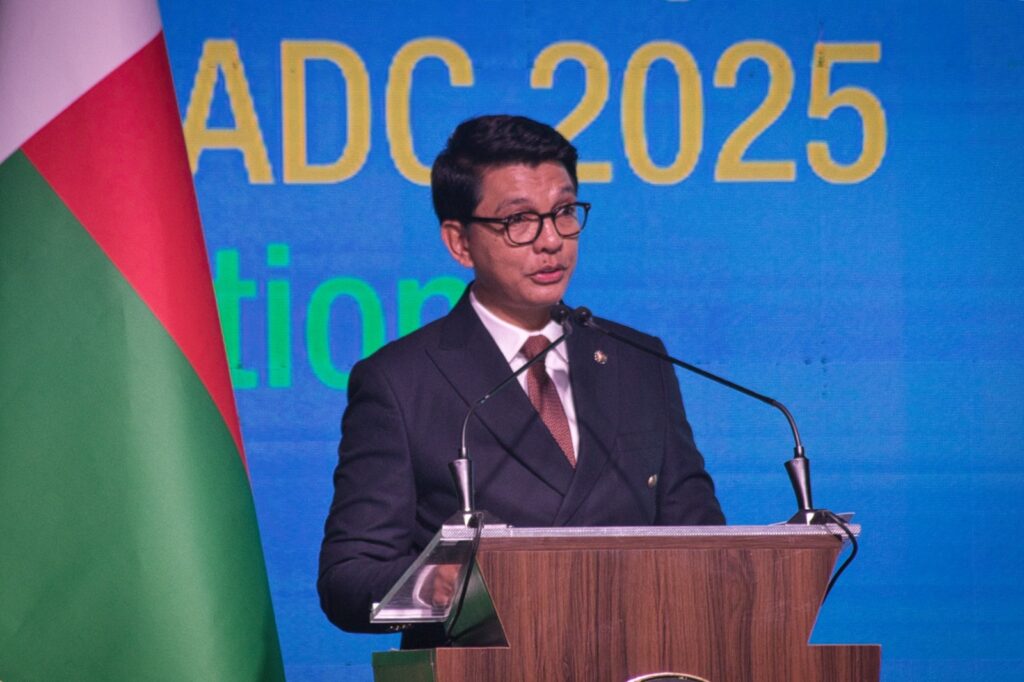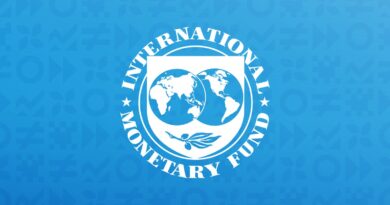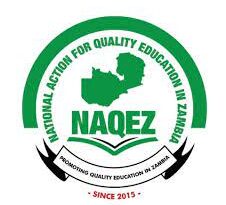President Rajoelina Opens 8th SADC Industrialization Week with Call for Energy Transition and Agricultural Modernisation
His Excellency Andry Rajoelina, President of the Republic of Madagascar and Incoming Chairperson of the Southern African Development Community (SADC), officially opened the 8th SADC Industrialization Week (SIW) at the Novotel Hotel and Spa in Antananarivo.
In his opening address, President Rajoelina reaffirmed Madagascar’s commitment to regional integration through investment in agricultural mechanisation, local value addition, and a robust energy transition.
He stressed the importance of leveraging the country’s fertile land to fight poverty, stating, “By mechanising our farming systems, we will be able to triple our yields, from 2.5 to 9 tons per hectare in the coming years.”
President Rajoelina also addressed the high cost of electricity in the region, which he linked to reliance on thermal energy. He emphasized the urgent need for a transition to renewable energy to support sustainable, job-creating industrial growth across SADC.
Speaking at the event, SADC Deputy Executive Secretary for Regional Integration, Ms. Angele Makombo N’tumba, commended the region for foundational progress on industrialization, but noted that the pace remains uneven.
“Currently, industry accounts for only 13% of SADC’s GDP,” she said, adding that many economies still depend on exporting unprocessed raw materials, a trend the region must reverse.
Ms. N’tumba emphasized that the SADC Industrialization Strategy and Roadmap (2015–2063) is central to deepening value chains, boosting productivity, and integrating SADC economies into continental and global markets. The strategy aligns with the African Union’s Agenda 2063 and is anchored on three pillars: Industrialisation, Competitiveness, and Regional Integration.
The 8th SIW convenes policymakers, private sector actors, development partners, and civil society to foster collaboration in key sectors such as mineral beneficiation, pharmaceutical manufacturing, textiles, and agro-processing. Discussions are focusing on industrial policy, infrastructure, investment promotion, energy transition, and the opportunities under the African Continental Free Trade Area (AfCFTA).
As the region strives to shift from exporting raw materials to building resilient, value-added economies, the SIW remains a critical platform for accelerating inclusive industrial transformation across Southern Africa.



